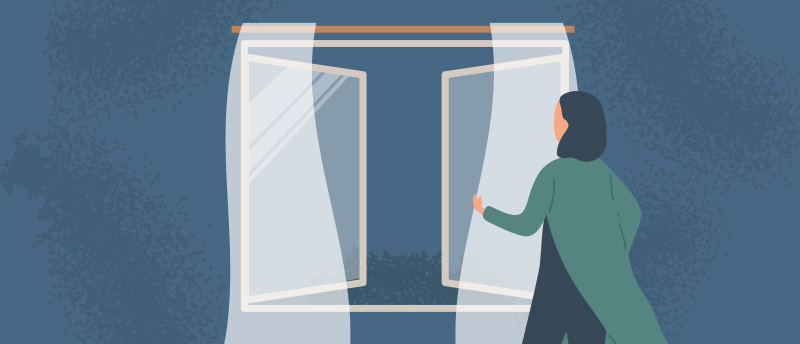New York Child Victims Act: 1-Year “Look Back” Window Begins

In February 2019, New York State's governor signed the Child Victims Act into law. This Wednesday, August 14, 2019, one major provision of the law goes into effect. Victims of childhood sexual assault who want to file claims past the state's statute of limitations will have one year to file a legal claim against their abuser.
If you were abused as a student, consider legal action Talk to a lawyer about your legal rights todayChanging the Legal System for Victims
Traditionally, once the statute of limitations has passed, a victim forfeits his or her right to a legal claim. Unfortunately, in the case of childhood sexual abuse, it is very common for victims to miss this filing window. It can take years for sexual assault victims to grapple with psychological trauma, acknowledge their abuse and take action. It can also take a great amount of courage and sacrifice to accuse one's abuser, especially if the abuser holds a position of power, as we have seen in the recent sexual abuse cases out of the Catholic Church.
To close this legal loophole and empower victims, New York's Child Victims Act extends the state's statute of limitations for victims of child sexual assault.
Extended Statute of Limitations
Prior to the Child Victims Act, a childhood sexual assault victim had until the age of 23 to file a legal claim. Under the new law, victims have until the following ages:
- The age of 55 to file a civil lawsuit
- The age of 28 to file criminal charges
Source: CNN
Additionally, the new law grants time-barred victims a one-year period, starting August 14, 2019, to seek legal action against their abusers. Victims may also choose to sue the institutions that covered up the abuse allegations. Although the law extends the statute of limitations for many people, this "look back" window offers legal recourse to older victims whose cases are past the extended statute of limitations.
It is important to note that this "look back" period specifically offers victims a chance to file a civil claim. It does not allow victims to file criminal charges that are past the new statute of limitations.
Looking at a Year of Lawsuits
With the new measure taking effect this week, hundreds of lawsuits are expected to be filed across the state as victims of child sexual assault come forward with overdue legal claims. Many lawsuits are expected to target several large religious and educational organizations including the Catholic Church, several boarding schools, the governing body of the New York-based Jehovah's Witnesses, and the Boy Scouts of America.
New York joins a handful of other states that have also created a look-back period for childhood sexual assault victims. In 2003, California's "look back" window led to hundreds of civil cases filed. The Catholic Church alone paid out $1 billion in damages to victims during the year-long window. Politicians and legislators will be watching New York closely during the coming year as they consider similar legislation in their own states.
ConsumerSafety.org partners with lawyers across the country who specialize in sexual abuse cases including claims against the Catholic Church. If you or someone you loved was a victim of childhood sexual abuse, speak with one of our attorneys today to learn more about your legal rights.
